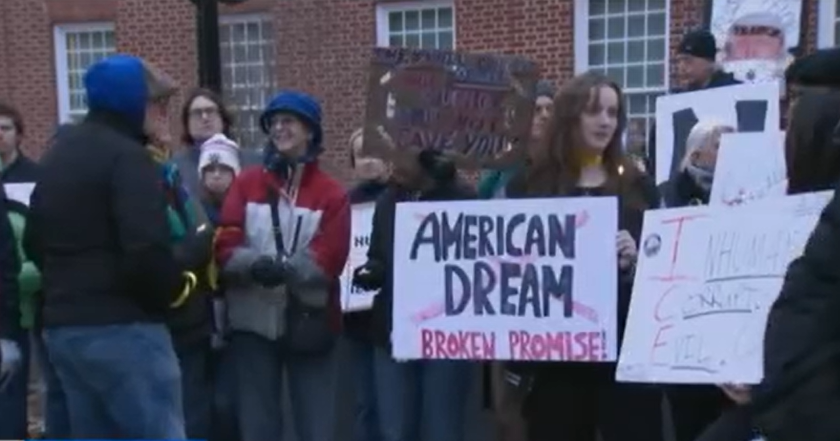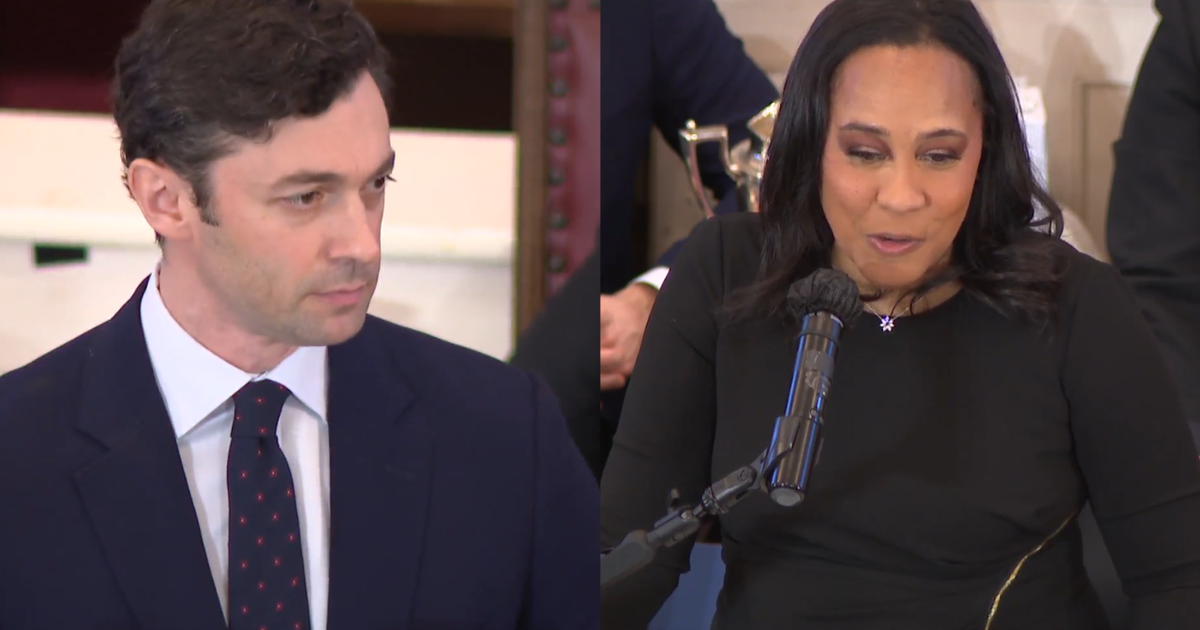Israeli parliament approves key part of judicial overhaul amid protests
Israeli lawmakers on Monday approved a key portion of Prime Minister Benjamin Netanyahu's divisive plan to reshape the country's justice system despite massive protests that have exposed unprecedented fissures in Israeli society.
The vote came after a stormy session in which opposition lawmakers chanted "shame" and then stormed out of the chamber. Mass demonstrations erupted outside the parliament building in Jerusalem and in central Tel Aviv after the vote.
It reflected the determination of Netanyahu and his far-right allies to move ahead with the plan, which has tested the delicate social ties that bind the country, rattled the cohesion of its powerful military and repeatedly drawn concern from its closest ally, the United States.
The overhaul calls for sweeping changes aimed at curbing the powers of the judiciary, from limiting the Supreme Court's ability to challenge parliamentary decisions to changing the way judges are selected. Netanyahu and his allies say the changes are needed to curb the powers of unelected judges.
But protesters see the overhaul in general as a power grab fueled by personal and political grievances of Netanyahu — who is on trial for corruption charges — and his partners. His allies, who include ultra-nationalist and ultra-religious parties, have promoted such goals as increased West Bank settlement construction, annexation of the occupied territory and limiting the rights of LGBTQ+ people and Palestinians.
In Israel, which does not have a formal constitution, the judiciary plays a critical oversight role in the country's system of checks and balances.
Under the Israeli system, the prime minister governs through a majority coalition in parliament - in effect giving him control over two branches of government. By moving to weaken the judiciary, critics say, Netanyahu's allies will consolidate power by weakening the independence and oversight of judges. They liken the process to "illiberal" democracies like Poland and Hungary.
"It's a sad day," opposition leader Yair Lapid said after the vote. "This is not a victory for the coalition. This is the destruction of Israeli democracy."
In Monday's vote, lawmakers approved a measure that prevents judges from striking down government decisions on the basis that they are "unreasonable." With the opposition out of the hall, the measure passed by a 64-0 margin.
After the vote, Justice Minister Yariv Levin, the architect of the plan, said parliament had taken the "first step in an important historic process" of overhauling the judiciary.
The vote came only hours after Netanyahu was released from the hospital, where he had a pacemaker implanted. His sudden hospitalization added another dizzying twist to an already dramatic series of events.
More mass protests are now expected, and the Movement for Quality Government, a civil society group, immediately announced it would challenge the new law in the Supreme Court.
The grassroots protest movement condemned the vote, saying Netanyahu's "government of extremists is showing their determination to jam their fringe ideology down the throats of millions of citizens."
"No one can predict the extent of damage and social upheaval that will follow the passage of the legislation," it said.
Thousands of people blocked Jerusalem's main highway and gathered outside the parliament building after the vote. Walls and fences running the length of the street outside the Supreme Court, prime minister's office and parliament were plastered with hundreds of stickers reading "we won't service a dictator," "democracy or rebellion" and "save Israel from Netanyahu." Police tried to clear away the crowds with water cannons spraying skunk-scented water.
Mass demonstrations also erupted in central Tel Aviv, the epicenter of months of anti-government protests.
Earlier, demonstrators blocked a road in Jerusalem leading up to the parliament, and big mall chains and some gas stations shuttered their doors in protest.
Protesters were banging on drums and blowing horn, and police used water cannons to push them back. At least six protesters were arrested, the Reuters news agency reported.
One demonstrator who was lying in the street told the BBC he was was defying "dictatorship" and said, "we will never surrender."
The White House said in a statement it is "unfortunate that the vote today took place with the slimmest possible majority."
"As a lifelong friend of Israel, President Biden has publicly and privately expressed his views that major changes in a democracy to be enduring must have as broad a consensus as possible," the White House said.
The Biden administration has frequently spoken out against actions of Netanyahu's government and its overhaul plan. Mr. Biden has also been critical of the government's steps to deepen Israel's occupation of the West Bank.




